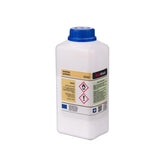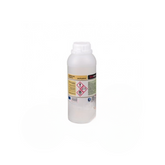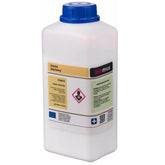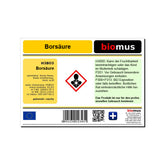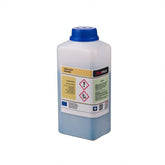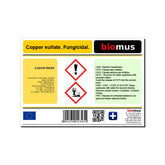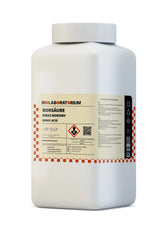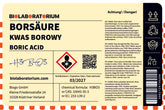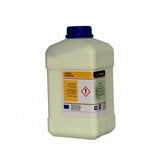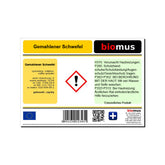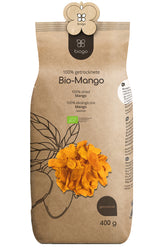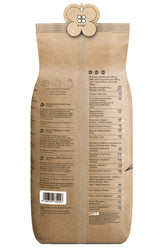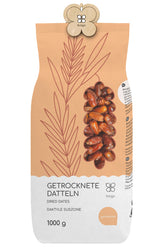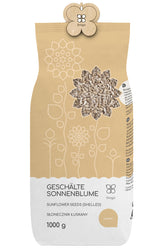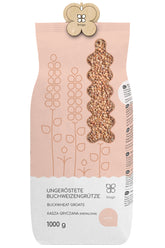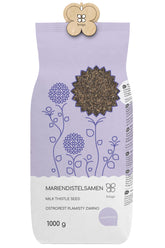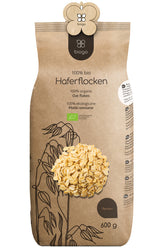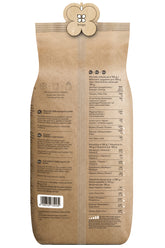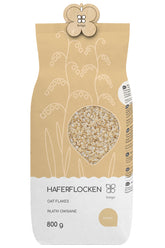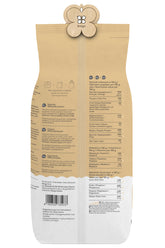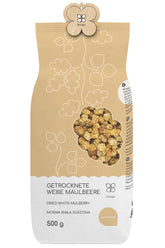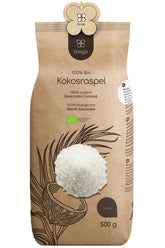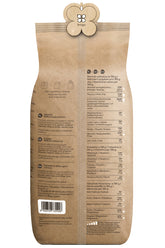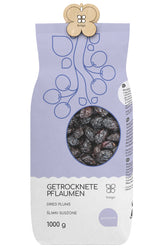Carbide, also known as calcium carbide, is a chemical substance with a variety of useful applications in different industries and agriculture. In this blog post, we want to take a closer look at the properties and uses of carbide.
What is Carbide?
Carbide is a chemical compound consisting of calcium and carbon. It is produced by heating limestone and coal at high temperatures. The result is a crystalline, gray solid that reacts with water, releasing ethyne (acetylene).
The main properties of carbide are:
- High reactivity with water
- Flammable ethyne gas as a byproduct
- Use as a reducing agent in industrial processes
- Use in agriculture as fertilizer and pesticide
Industrial Applications of Carbide
Carbide is used in many industrial applications. Here are some of the most important areas of use:
Welding Technology
One of the best-known applications of carbide is in welding technology. When carbide reacts with water, it produces the flammable gas ethyne (acetylene). This is used in welding torches to generate extremely high temperatures together with oxygen, which are needed for welding metals.
Chemical Industry
In the chemical industry, carbide serves as a reducing agent in various manufacturing processes. It is used, for example, in the production of plastics, dyes, and pharmaceuticals.
Mining
In mining, carbide is used to manufacture mine lamps. The ethyne gas produced by its reaction with water serves as fuel for the lamps.
Agriculture
In agriculture, carbide is used as a fertilizer and pesticide. As a fertilizer, it provides calcium and carbon, which are important for plant growth. It can also be used to combat pests.
Carbide in Agriculture
The use of carbide in agriculture has some interesting aspects:
Fertilizer properties
Carbide contains calcium and carbon, both important nutrients for plants. When carbide reacts with water, calcium hydroxide is formed, which can raise the soil's pH and improve nutrient uptake by plants.
Pest control
The ethyne gas produced in the carbide-water reaction can also be used to combat pests such as mice, rats, or insects. The gas repels the animals and kills them at higher concentrations.
Special applications
Carbide has further uses in agriculture, for example:
- Ripening of fruit through ethyne release
- Weed removal by drying out
- Disinfection of stables and warehouses
Safety when handling carbide
Although carbide is versatile, caution must be exercised when handling this substance. Carbide reacts violently with water, releasing explosive and highly flammable ethyne gas. Therefore, some safety measures must be observed:
- Always store carbide dry and airtight
- Wear protective equipment such as gloves and goggles when handling carbide
- Use carbide only in well-ventilated rooms or outdoors
- Keep open flames, sparks, and cigarettes away from carbide
- Proper disposal of carbide residues and waste
Carbide and Environmental Protection
Despite its diverse applications, carbide is also criticized regarding environmental protection. The ethyne gas produced during the reaction with water can escape into the environment if handled improperly and cause damage there.
Furthermore, the production of carbide is energy-intensive and consumes a lot of electricity or fuels. Therefore, research is being conducted on more environmentally friendly alternatives to reduce environmental impact.
Overall, it can be said that carbide is a versatile and useful substance, but it must be handled with caution and safety precautions. Through responsible use, the benefits of carbide in industry and agriculture can be utilized without endangering the environment.


